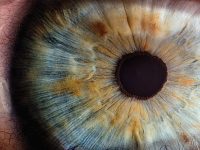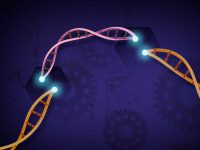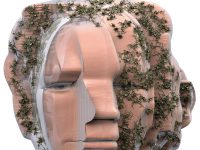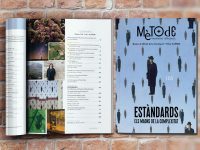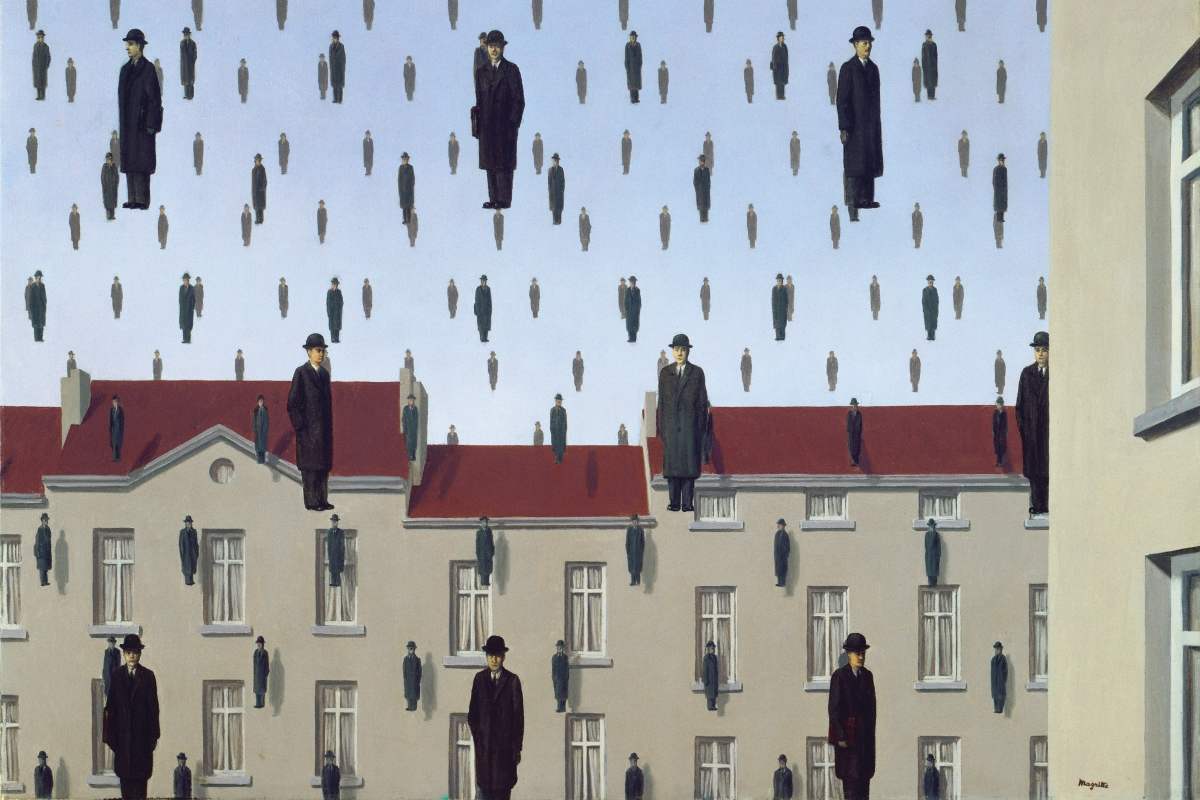
Without standards, the world as we know it would not be possible. International and supra-cultural standards and norms have been a key factor in engineering, as well as in the development of industrial societies. Despite the obvious successes in electronic and mechanical design, other technological areas present difficulties for the application of standards. In the field of biotechnology and synthetic biology – which aims at studying living things from an engineering perspective – standards are desirable, but whether they can be widely adopted remains to be proved.
This monograph reviews the sociological and scientific aspects of standardisation and delves into the more problematic facets of universal standardisation, especially in the biological field. Are standards possible in synthetic biology at all? What are the limitations to the universal use of modular and interchangeable parts in a cellular context? Could it be that the biological world resists standardisation, similarly to the field of software engineering, where these attempts have not progressed? And should some kind of standard be applicable in synthetic biology, what qualities might be required in an environment of open science and responsible research and innovation?

